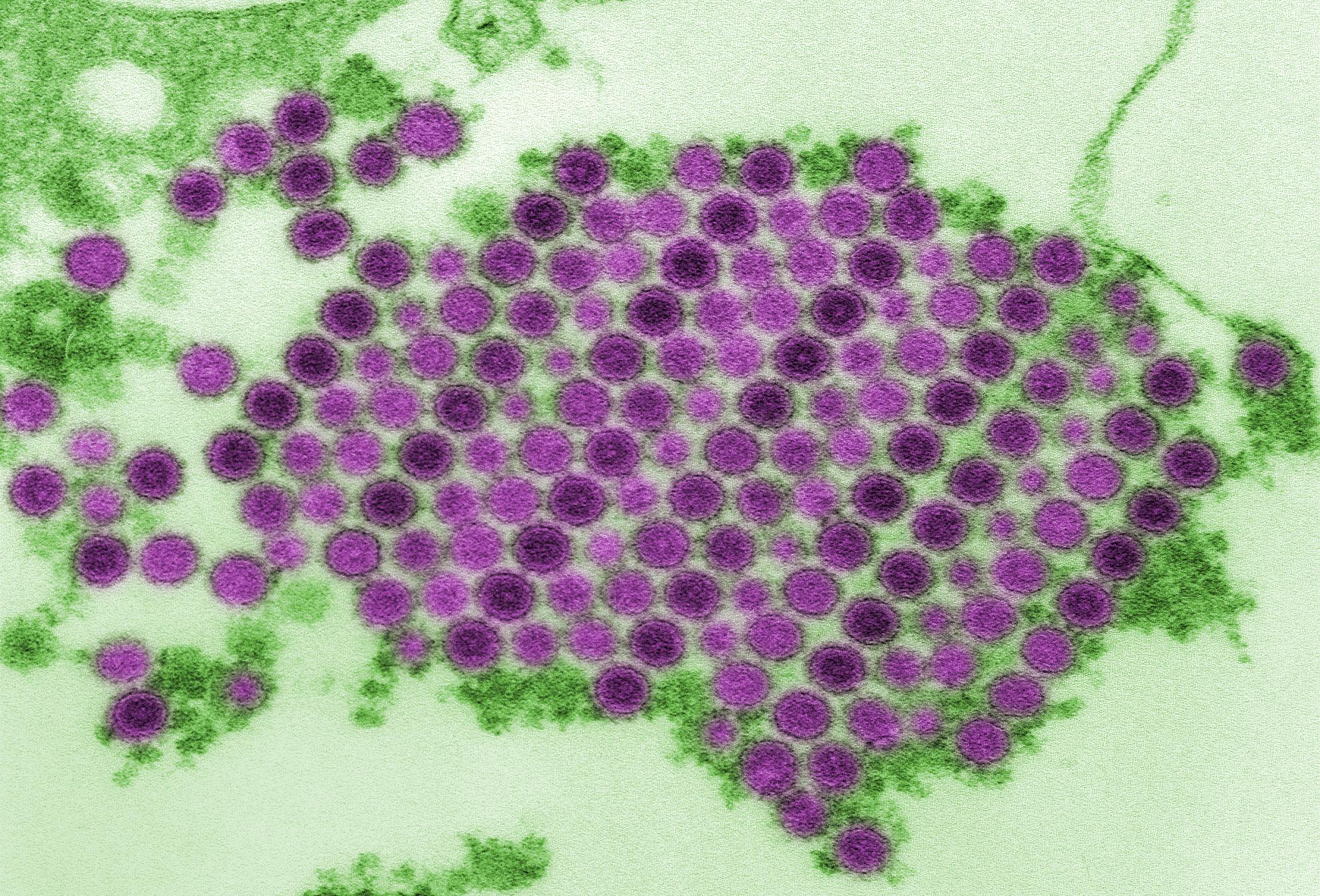Female-specific flightless (fsRIDL) phenotype for control of Aedes albopictus
The Asian Tiger mosquito, Aedes albopictus, is a highly invasive species which took advantage of human activity to spread from South-East Asia to Africa, North and South America, and Europe in the past forty years. Beyond the annoying biting nuisance, this mosquito is also a significant public health threat, capable of transmitting dengue and responsible for an important chikungunya outbreak in the Indian Ocean in 2007. This mosquito is notoriously difficult to control using current methods, but control techniques involving the release of genetically sterile males have recently shown promising results against the closely related yellow fever mosquito, Aedes aegypti. Wild females inseminated by sterile males have non-viable progeny so if enough sterile males are released, the target population crashes. Female mosquitoes, even if sterile, would bite and potentially acquire and transmit pathogens, so it is crucial to minimise the release of such females. Here we describe the development of genetically engineered strains of the Asian Tiger mosquito to use in such control programmes: the females are unable to fly unless reared with an antidote, thus facilitating male-only releases. The daughters of released males will also be flightless, a lethal phenotype in the field, thus reducing the population and preventing disease transmission.
Back to publications
